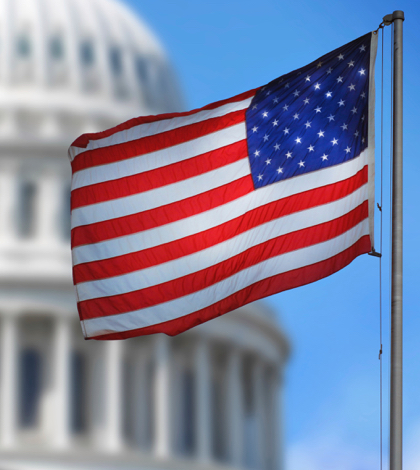California Assemblyman Bill Quirk (D-District 20-Hayward), and Chair of the Environmental Safety and Toxic Materials Committee, has introduced a bill to ban the use of lead fishing weight under 50g in weight with a cross section in any direction under 2cm.
“Small lead fishing weights, like splitshot, are killing California wildlife,” explained Assemblymember Quirk. “Many birds consume river gravel to aid in mashing and digesting food. Often they accidentally ingest discarded lead fishing weights. The lead poisons their liver, leading to a slow death. Water fowl, in particular, are common victims. California is behind the times when it comes to this,” he added.
Several other states – including Maine, Massachusetts, New Hampshire, New York, Vermont and Washington — have either banned or introduced legislation to ban small lead fishing weights in some or all of their inland waters. Neighboring Canada as well as Britain have banned their use. The U.S. Fish and Game Service moved to ban lead fishing weights nationally by 2022 under the Obama Administration but this initiative has been reversed by the Trump administration.
Lead has been listed as a substance that can cause reproductive damage and birth defects since 1987 under the state’s Proposition 65, and has been listed as a chemical known to cause cancer since 1992. “The dangers of these products have been discussed for a long time,” said Assemblyman Quirk, “and there are many non-lead alternatives available.
But, not everyone is in favor of Assemblyman Quirk’s legislation. The California Sportfishing League (CSL) has come out in opposition of AB 2787 claiming it will make “fishing too costly and less accessible (and) will have a devastating impact on the state’s tourism industry and communities dependent on outdoor recreation for tax revenue and jobs.”
The CSL’s website indicates that “Assembly Bill 2787 states; ‘A person shall not manufacture, sell, or purchase a fishing weight or sinker in California that has no cross section greater than or equal to two centimeters (less than ¾ of an inch) in length, is under 50 grams (less than 1 ¾ ounces) in mass, and contains more than 0.1 percent lead weight.’”
The CSL contends that, “To this date, no scientific study has ever been conducted in California that would justify the merits of this legislation and most notably, weights of such large size… (and) and no study has determined that where fishing takes place in California, lead fishing weights have harmed wildlife. Moreover, given the significant restriction placed on lead content, it is not certain whether alternative products exist in the market and by most estimations, if alternative products do exist they can cost up to 20% more than traditional lead weights.”
The Oroville Mercury Register published an editorial on Tuesday opposing AB 2787 saying, “Small brass weights can cost five times more than lead. Other options are copper, bismuth and steel. All are more expensive. Few are produced because who wants to buy a single weight for $2.50 when you can buy a lead one for 50 cents?”
Assemblyman Quirk remains firm in his belief that lead splitshot are an environmental hazard. “In California, we know these weights have killed brown pelicans, herons, loons, gulls, and even harbor seals, said Rep. Quirk. Around the world, these weights have caused death in swans, geese, bald eagles and turtles. It’s time for California to take this important step forward and protect our wildlife against lead poisoning.”
The Oroville newspaper has countered calling for more evidence saying, “We need proof, not suspicion, before further harming the once-great sportfishing industry in California and the tourism that goes with it.
 California Water News Daily Your Source For Water News in California
California Water News Daily Your Source For Water News in California


